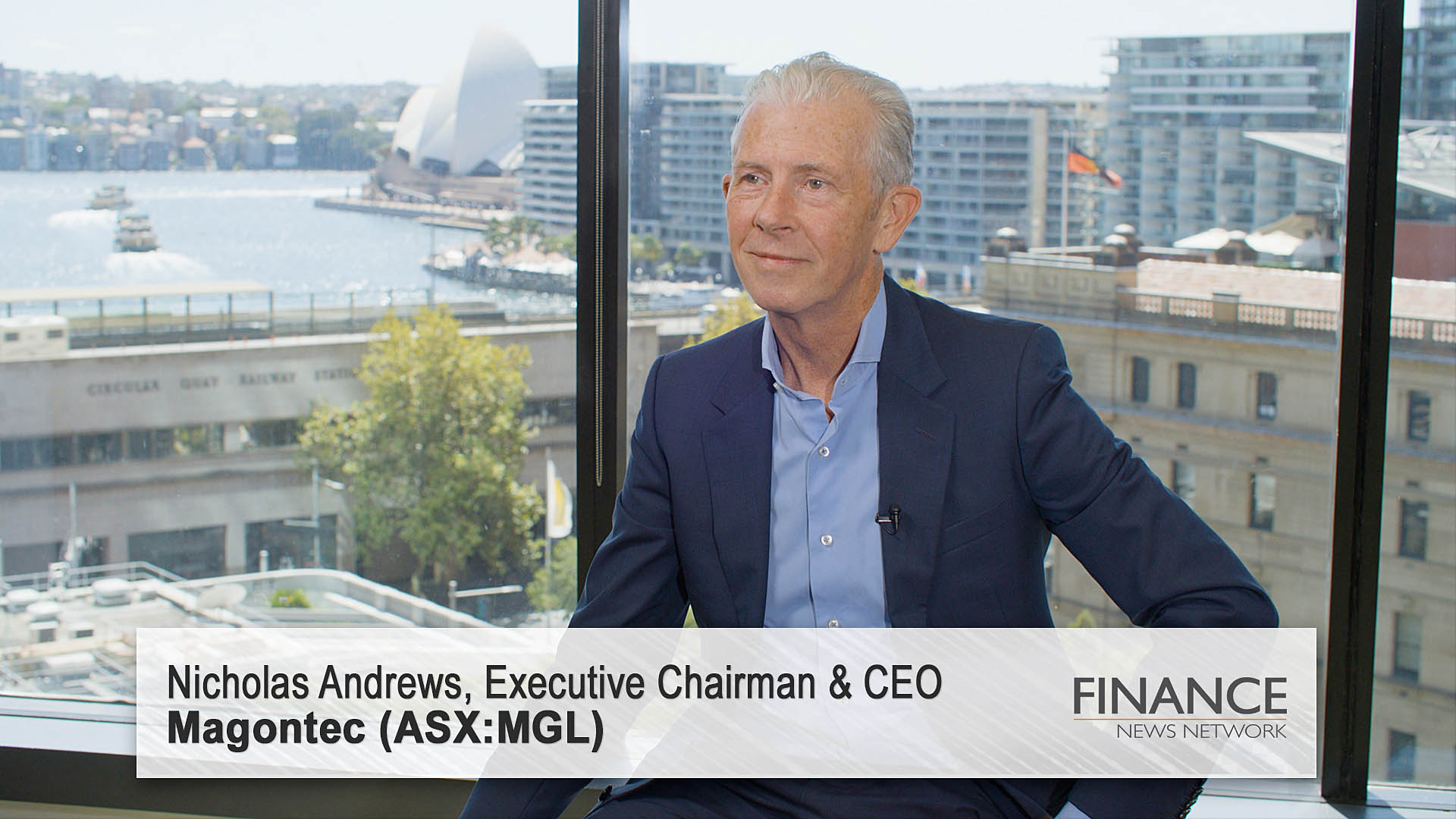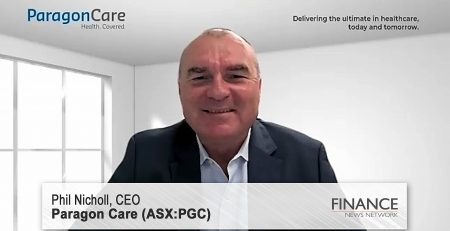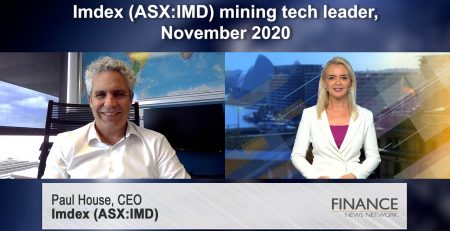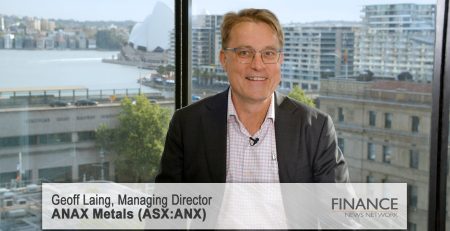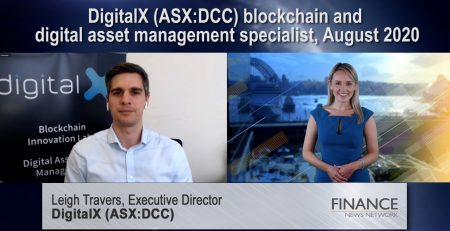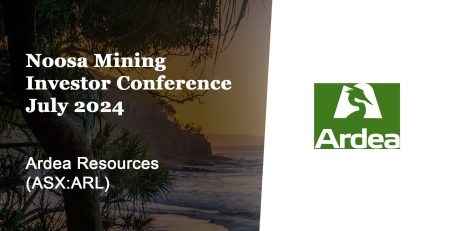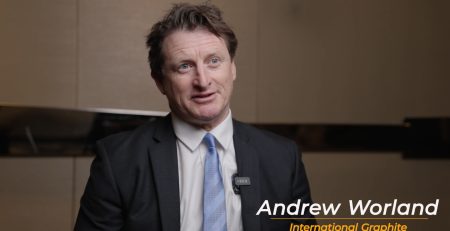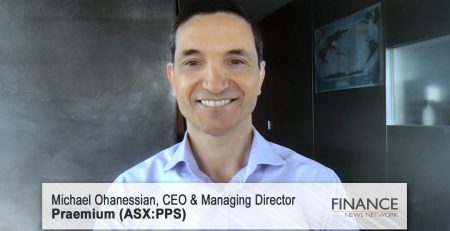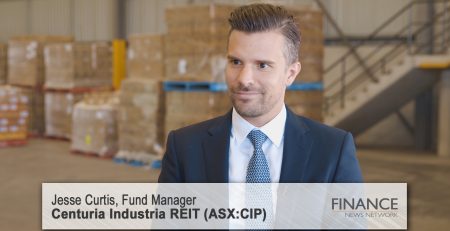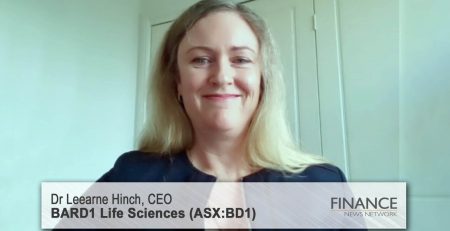Magontec (ASX:MGL) discusses its record 2022 results and long-term structural prospects
Magontec Limited (ASX:MGL) Executive Chairman and CEO Nicholas Andrews discusses the magnesium industry, drivers of demand, China, supply chains into the US and Europe, and recent financial results.
Tim McGowen: We're talking today with Magontec (ASX:MGL). The company is a specialised recycler of magnesium and a manufacturer of magnesium and titanium anodes. It's got an ASX code of "MGL" and a market cap of around $34m. We have with us Nick Andrews, who is the Executive Chairman and CEO. Nick, nice to meet you in person. Thanks for your time.
Nick Andrews: Nice to meet you too, Tim.
Tim McGowen: Now, for shareholders who don't know Magontec, can you give us some background to the business?
Nick Andrews: Magontec is in the magnesium alloy business. That's principally its core enterprise. We manufacture magnesium alloys from pure magnesium and other alloying elements, and we make an ingot, and that ingot goes to diecasters, who manufacture products for mostly the automotive industry, but also for the power tool industry and a variety of other applications. Those industries create about 40 per cent of scrap for every tonne that we send them, and that comes back to our factories in Romania and Germany, and we recycle that back into the same product and send it back to the same customers. So, that's one business.
Our second business is called an anode business. A magnesium anode is anything from six inches to two metres long. Every water heater in the world has an anode in it, and we make about 25 per cent of all the anodes in the world. We have a factory in China, a factory in Romania, which manufacture magnesium anodes. And a USP for our business is our powered anodes. So, these are not magnesium, they're made using titanium. They've got an electrical current and they're a much higher value product. And they go into heat pump water heaters, and heat pump water heaters are the next generation of heater that is a very environmentally friendly product.
Tim McGowen: And what's involved with the magnesium industry? It's not something that, you know… There's a lot of popularity around lithium and things like that. Can you give us some background on the magnesium industry in particular?
Nick Andrews: Magnesium is two-thirds the weight of aluminum. It's a quarter of the weight of steel. So, it's the lightest structural metal, and that's why it's attractive for motor vehicle manufacturers. It also has certain chemical qualities which allow it to corrode and create a galvanic cell, which is why it's attractive in the anode industry. Magnesium is also used… its principal use, actually, is in the aluminium alloying industry. We're not involved in that sector, but aluminium alloying is about 40 per cent of global magnesium production. And then another use, other than mag alloy, is in steel desulphurisation, and we are beginning to enter that particular market, and that's powdered magnesium, which goes into a steel melt to desulphurise the steel. And it's also used in the titanium industry in the Kroll process, but we're not involved in that part of it either.
Tim McGowen: And how's magnesium priced and what are some of the drivers of demand?
Nick Andrews: Yeah, well, that's the $64,000 question, Tim, because magnesium is a Chinese product, principally. Ninety per cent of magnesium today comes from China, and it comes from a process called pidgeon process, which is very old technology, and the key ingredients are dolomite, which is the host rock for the magnesium, ferrosilicon, which is the reagent that takes the magnesium out of the host rock, and coal, which is used to heat the pidgeon process to 1,200 degrees.
So, the key issues for the magnesium business at the moment and the pricing of it are the price of those underlying materials. As energy prices have risen, magnesium prices have risen. But what happened actually in 2021 was that the sole US manufacturer, US Mag, declared force majeure, closed its doors. So, all of the American aluminium alloys and American magnesium alloy diecasters all were scrambling for magnesium, and they pushed the price from 20,000 RMB up to more than 60,000 RMB.
So, three times. It's come back down again now. Those underlying price pressures haven't gone away. The US magnesium plant is still closed. Environmental constraints in China have been significant, and that's been pushing up prices as well in China. And the energy price, of course, remains pretty high all over the world. The price of coal in China is still 2.5 times what it was two years ago. So, those are pushing up magnesium prices to around 20,000 RMB today, and we think it'll stay at those levels unless we see energy prices come down.
Tim McGowen: And you mentioned China, so just on that business, China's obviously open for business, rather, how will this impact your company?
Nick Andrews: It won't necessarily impact our company in one way or the other. We operated right the way through the zero COVID period when China was closed. We have a fantastic team of Chinese people who run our business in Xian, which is the anode business, and in Qinghai, which is our magnesium alloy business. There were some issues around the COVID lockdowns which caused us some problems, but not significant problems.
As China opens up, I think that, for us, what we are seeing is a rebound in automotive manufacturing. So, that's positive for our alloy business. And while we're not necessarily seeing a rebound in the home construction industry, which of course is important for the anode industry, I'm certain that the Chinese government is really focused on restructuring that construction industry sector so that it is financially much more sound than it has been, and we'll see more apartment growth and more construction of homes and greater demand for anodes.
I should just say, on the anode front, that 80 per cent of what we sell are replacement products. So, not new homes, replacement products, because the steel tank rusts after a while, even with an anode protecting it and needs to be replaced. So, it's a great industry. The opening up of the Chinese economy, again, will allow us to supply the regrowth of those industries.
Tim McGowen: And just on a US perspective in China in terms of the US wanting to own its own supply chain, particularly in EV materials and critical minerals, where does magnesium sit in that equation?
Nick Andrews: Look, it is a critical issue — not just for the US but also for the EU. The EU have a process called the Critical Raw Materials Initiative, and they are actively trying to set up new magnesium plants in Europe, but it's a very difficult thing to do. So, America has one. It's based on the Great Salt Lake. The Great Salt Lake, unfortunately, is about to dry up and become the Great Salt Lake Bed. And that's a problem for America. Magnesium is critical for the defence industry. So, all those flares you see coming out of the back of aeroplanes in hostile territory are made from magnesium. But it's also important for the automotive and the other industries that we've spoken about. So, the Americans are concerned about it, the Europeans are concerned about it, but the economics of building a big electrolytic magnesium plant has been beyond any European or American manufacturer over the last 20 years. In fact, there used to be in Canada and in America and in Europe magnesium plants. They all closed because the Chinese could produce them more cheaply. None of them stuck around.
Tim McGowen: And now we'll look at your results, your recent results. Can you talk us through what are some of the key takeouts. You're in a strong cash position. Can you talk to those results?
Nick Andrews: Yeah, absolutely. So, 2022 was a fantastic year for us, boosted by the price of magnesium and the effect that had on our inventory. But we generated about $28m of cash. About $14m of that went into working capital because of the rising cost of our inventory. And about $10m went into paying off our debt. So, at the end of last year, we had net cash of $2m from $6.5m debt from the year before. And as the mag price comes down, and of course it comes down more slowly in our inventory than it does in the market price, we'll see much of that $14m come back to us in the way of cash as well.
So, the highlights of the result really were that we have net asset value per share of about 67 cents and 45 cent share price at the moment. We declared a dividend of 0.6 of a cent for the second half, 0.6 for the first half. So, a 1.2 cent dividend for the year to the end of December. And we find ourselves in a much stronger position, certainly than we've ever been before.
Tim McGowen: Nick Andrews, thanks for your time.
Nick Andrews: Thank you very much.
Ends
Copyright 2023 – Finance News Network
Source: Finance News Network

